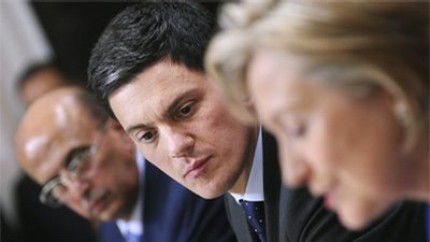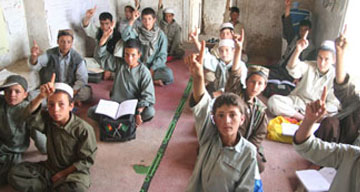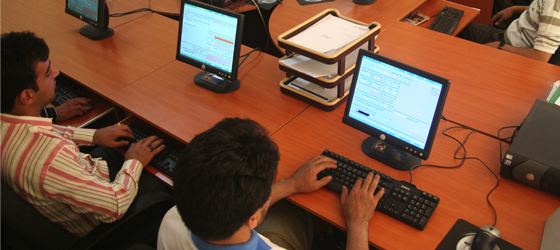
The United States met with European and Arab partners in London on January 27 to rally support for a drive to defeat the perceived growing al-Qaeda threat in Yemen. The urgency for the meeting stemmed from the failed Christmas Day jetliner bombing by a Nigerian passenger allegedly trained by the Yemen-based al-Qaeda in the Arabian Peninsula (AQAP).
According to BBC News, ministers and officials from some 20 Western and Arab countries gathered to discuss security and wider economic and political problems facing Yemen, the poorest state in the Arab world.
The London Summit involved representatives from the following:
-European Union
-United Nations
-World Bank
-International Monetary Fund
At the London Summit, Yemen supported the assistance from other countries with slight reservations.
Yemen’s Foreign Minister Abu Bakr al-Qirbi said that his country wanted “international support to build infrastructure, combat poverty and create jobs, as well as support in combating terrorism.”
According to U.S. Secretary of State, Hillary Clinton, the United States had signed a three-year agreement focused on addressing security and development issues in Yemen.
However, so much more must be done to change the current state of Yemen and the growing threat of terrorism.


